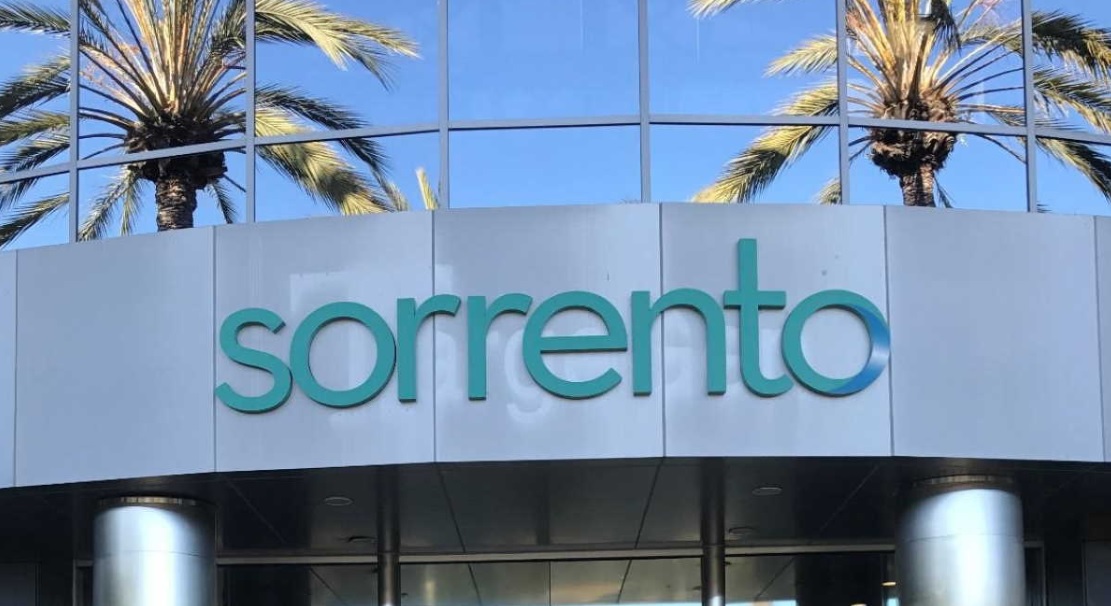As the world is suffering from the ongoing coronavirus pandemic, pharmaceutical companies are leaving no stone unturned when it comes to developing effective weapons, such as drugs, vaccines, and clinical antibodies.
One company that has deeply been involved in developing clinical antibodies against COVID-19 – the infection caused by the novel coronavirus – is Sorrento Therapeutics, a San Diego-based biotechnology company.
Last week, Sorrento announced it was collaborating with NYC-based Mount Sinai Health System to develop an antibody cocktail known as “COVI-SHIELD” to treat COVID-19.
The company aims to create antibodies that could act as a protective barrier against COVID-19, a.k.a. SARS-CoV-2. COVI-SHIELD delivers a mixture of three antibodies that recognize three specific regions of the COVID-19 Spike protein.
On Friday, Sorrento announced that one of its antibodies called “STI-1499” has shown 100% inhibition of the virus in lab tests.
CEO, Co-founder and President of Sorrento Henry Ji told BioSpace, “We screened about a billion antibodies and we found about 100 of them to characterize further. From them, we selected about a dozen that had neutralizing activity.”
“We’re actually so impressed with the data,” Ji said. “One of the antibodies is so powerful that at a very low concentration it is able to 100% completely prevent infection or inhibit the infection. In our studies, not even one virus escaped from the antibody.”
Vice president of Regulatory Affairs and Quality of Sorrento Mark Brunswick told BioSpace, “The pathway we’re following right now is quite similar to the pathways used in antibody therapies for oncology indications, where an antibody is discovered that is reactive to a specific cancer marker, grown up in culture, and given to patients.”
“So what we’ve done is identified an antibody that recognizes the COVID-19 virus and completely inhibits its binding to the specific receptor,” he added. “This is grown up in vitro, in tissue culture, in cell fermenters.”
“We anticipate having enough material to start a Phase I trial in patients in the ICU within two months,” Brunswick continued. “If that is successful, we will expand that trial using our cGMP facility which can produce 2,000 liters of material, which is enough for approximately 100,000 patients, based on what we think the dose will be.”
A clinical antibody is potentially considered a treatment or a preventative. It can prevent the virus from adhering to the cells, meaning it cannot enter the cells and proliferate.
Brunswick explained that an antibody offers instant protection against the virus.
“Hopefully we will be able to submit for approval before the end of the year or beginning of next year,” Brunswick said.
Ji said, “Our hope is to have two or three antibodies eventually that cover different epitopes, different regions of the virus, so if one portion of the virus mutates and affects one of the neutralizing activity but won’t affect the other.”
He concluded, “Sorrento is in the therapeutic antibody space, and we know it inside out. We have a cGMP facility to get the product onto the market quickly.” The article originally appeared on BioSpace.























